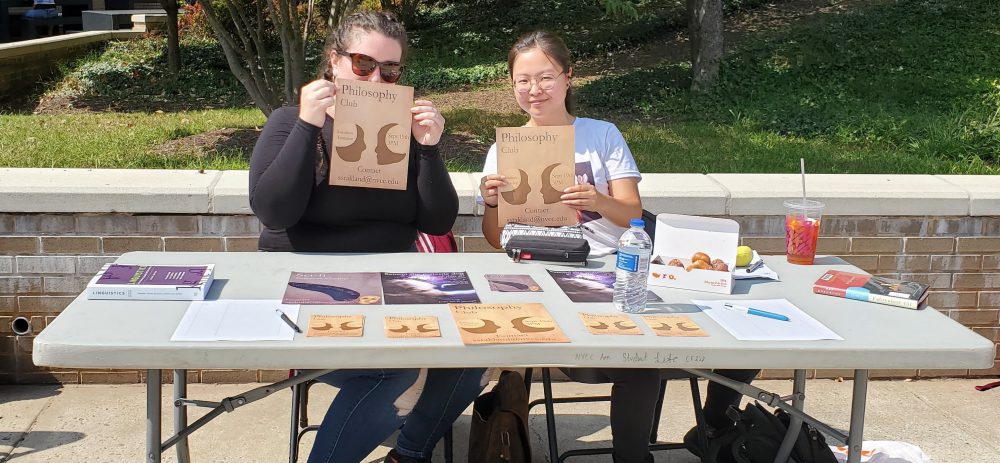The best thing to do when you are lost, driving in an unfamiliar area without GPS, is to pull over and ask for directions so why not have the same mindset in your online classroom. If you are feeling lost and confused, do not hesitate to take time to reach out and seek direction from your instructor. Learning how to ask detailed questions and communicate them to your instructor, in the online environment, is one of the most important skills you need to be successful in your courses. Since you are not face to face with your instructors, as in a traditional classroom, maintaining communication with your instructor is essential.
Learning how to ask detailed questions and communicate them to your instructor, in the online environment, is one of the most important skills you need to be successful in your courses. Since you are not face to face with your instructors, as in a traditional classroom, maintaining communication with your instructor is essential.
Recommendations to promote communication with your online instructor:
Email: Do not hesitate or put off contacting your instructor. Your instructor is there to help you and to promote your success. You can send an email anytime. Please Note: Always use your NOVA email address when communicating via email. Instructors are unable to reply to a non-NOVA email address. Some instructors teach several courses, so please begin your email with your name, student ID and the course and section that you are enrolled in.
Office Hours: If you prefer one-on-one communication, consider contacting your instructor during their office hours, which are posted in your course syllabus. Office hours are an excellent resource to get the extra help you may need.
Course Discussion Boards/Student Lounge: Discussion board forums, located in your Blackboard course site, are another way to contact your instructor. Some instructors may even setup a Student Lounge just for questions about the class, which they check regularly. This is an excellent forum to ask questions about assignments, concepts, theories, as well as to clarify policy and due dates. You would not want to use this forum to ask a personal question.
Course Chat: Some instructors hold regular chat sessions at specific times. This is another excellent setting to get your concerns/questions addressed.
Expressing Your Question: When you are writing or asking a question, be sure that your question/concern is clearly stated. It can be confusing for an instructor to receive an email stating, “I don’t understand the week one assignment”. It’s better to write, “I need some clarification about the week one assignment titled, ‘xx’. I’ve downloaded the template that contains the exercises for week one but I’m having trouble answering question two and three. I did the reading and took notes but I’m still not grasping the concepts in regards to the Freudian theory. I would appreciate any assistance you can provide”. If your question is clearly stated, your instructor will be able to better address your concern. Finally, always include the title and section number for your course in the subject line of your email.
Responses: If your instructor does not reply to your email in a timely manner, check to be sure that your email was sent from your NOVA email, consider contacting your instructor during office hours or through the discussion board (if it is not a personal concern). You can also try resending your email indicating, ‘Time Sensitive’ in the subject line. In the body, write, ‘I am writing to follow through on the email referenced below.”
Do no get lost in your class – if you are feeling lost or confused with an assignment, lesson, or concept, contact your instructor right away! For additional assistance in your online classes, feel free to contact the NOVA Online Success Coaches. They can assist you with time management, academic resources or study strategies to include free online tutoring for NOVA Online Students. Please contact your NOVA Online Success Coach at NOVA OnlineSuccess@nvcc.edu or call 703.764.5076.







